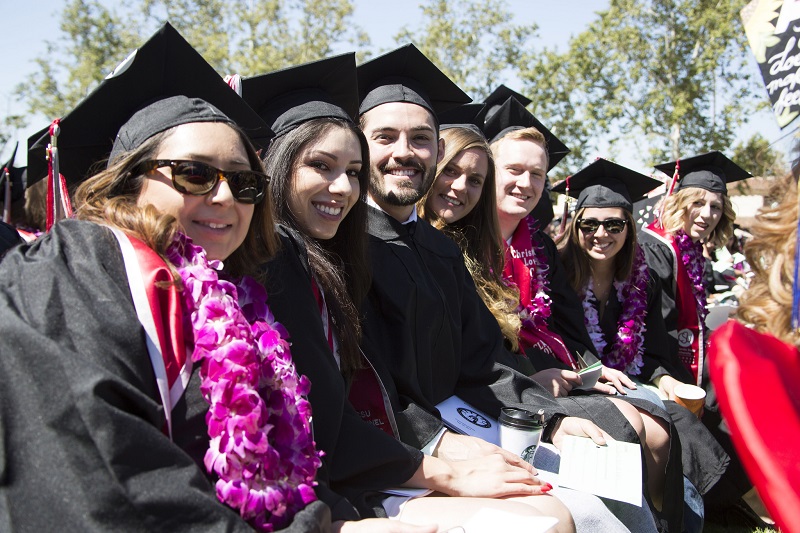 Feb. 16, 2018 — The nonprofit Washington Monthly has once again listed CSU Channel Islands (CSUCI) as one of the colleges and universities that offers students the “Best Bang for the Buck - West.”
Feb. 16, 2018 — The nonprofit Washington Monthly has once again listed CSU Channel Islands (CSUCI) as one of the colleges and universities that offers students the “Best Bang for the Buck - West.”
The bimonthly magazine’s “Best Bang for the Buck” rankings are for institutions of higher learning that help non-wealthy students attain marketable degrees at affordable prices.
“Instead of rewarding colleges for the number of applications they reject, we give them credit for enrolling unusually large numbers of low-income and first-generation students,” wrote contributing editor Kevin Carey on the Washington Monthly web site. “Instead of assuming that the most expensive schools are also the best, we recognize universities that produce research, train the next generation of scientists and PhDs, and instill their graduates with an ethos of public service.”
The Washington Monthly has been releasing an annual College Guide and rankings since 2005, ranking schools based on what they are doing for the country. The “Best Bang for the Buck” category was added in 2012.
CSUCI ranked 26th among 1,404 public, private non-profit, and for-profit colleges in all 50 states.
The rankings are based on three equally weighted criteria: research, community and national service, and social mobility.
Social mobility is a term describing how well a university graduates economically-disadvantaged students at a lower tuition rate, allowing them to improve their circumstances with a degree and a promising career.
CSUCI was also recognized for its achievement with social mobility for its students in December, when CollegeNET ranked the University number 18 out of 1,363 universities in the “Social Mobility Index” (SMI).
CollegeNET — a software company for higher education, and PayScale, Inc. an online salary, benefits and compensation information company, developed the SMI.
Executive Director of Student Academic Success and Equity Initiatives Amanda Quintero, Ph.D., said recognition for social mobility is a point of pride for CSUCI, and exemplifies our commitment to making higher education accessible to all in our community.
“With nearly half of our students coming from under-resourced communities and 60% first in their families to graduate from college, the type of services and programs we offer must be intentional,” she said. “We offer a number of programs and services including peer mentors to help our students transition successfully to the University. Our shared responsibility is for these students to get to the finish line because obtaining a baccalaureate will not only change their economic outlook, it will also impact their immediate family and generations to come.”
Washington Monthly editors noted that the Cal State campuses traditionally score highly in the rankings over the years because they excel at enrolling low-income students and helping them graduate and find good jobs.
“Our rankings are meant to be more than just a guide for potential students. An educated, enlightened society is a better society, for everyone,” Carey wrote. “We all have a stake in how well our colleges succeed.”
